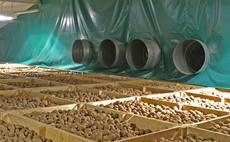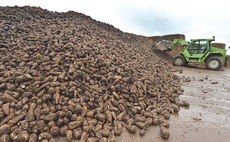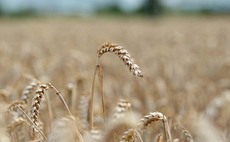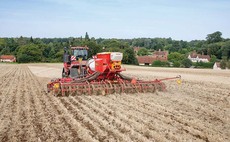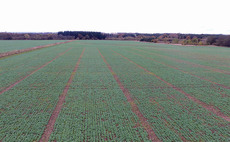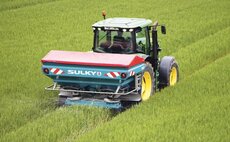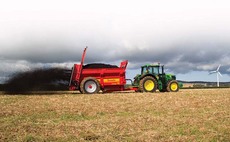Arable Farming
Arable
The fungus responsible for light leaf spot, the UK’s most important oilseed rape disease, is becoming increasingly resistant to azole fungicides but not QoI (strobilurin) or SDHI fungicides, according to Rothamsted.
Arable
This year’s Potatoes in Practice was the first major industry event since levy payers voted against supporting AHDB Potatoes.
Arable
British Sugar has responded to requests for greater flexibility.
Arable
The unsettled weather at the end of July and beginning of August across Great Britain has resulted in a very stop-start harvest so far.
Arable
With the Basic Payment Scheme on the way out, most farm businesses will benefit from some form of collaboration.
Arable
If tempted to drill winter cereals early on the back of two difficult autumns it pays to be aware of yield, weed and disease implications.
Arable
The first RL winter oilseed rape yield results – from nine trials: Hampshire, Wiltshire, Suffolk, Cambridgeshire, Lincolnshire, Herefordshire, North Yorkshire, South Yorkshire and Midlothian – were published today.
Arable
Growers are being urged to resist the temptation to take a ‘phosphate holiday’ in response to a sharp rise in fertiliser prices, and instead switch to more efficient ways of applying this essential nutrient.
Arable
The recent clarification of the interpretation of Rule 1 of the Farming Rules for Water by the EA could increase ammonia emissions to air, phosphorus losses to water and soil compaction a study by ADAS has found.
Arable
The recent clarification of the interpretation of Rule 1 of the Farming Rules for Water by the EA could increase ammonia emissions to air, phosphorus losses to water and soil compaction a study by ADAS has found.

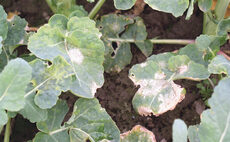
 17 August 2021
•
2 min read
17 August 2021
•
2 min read
